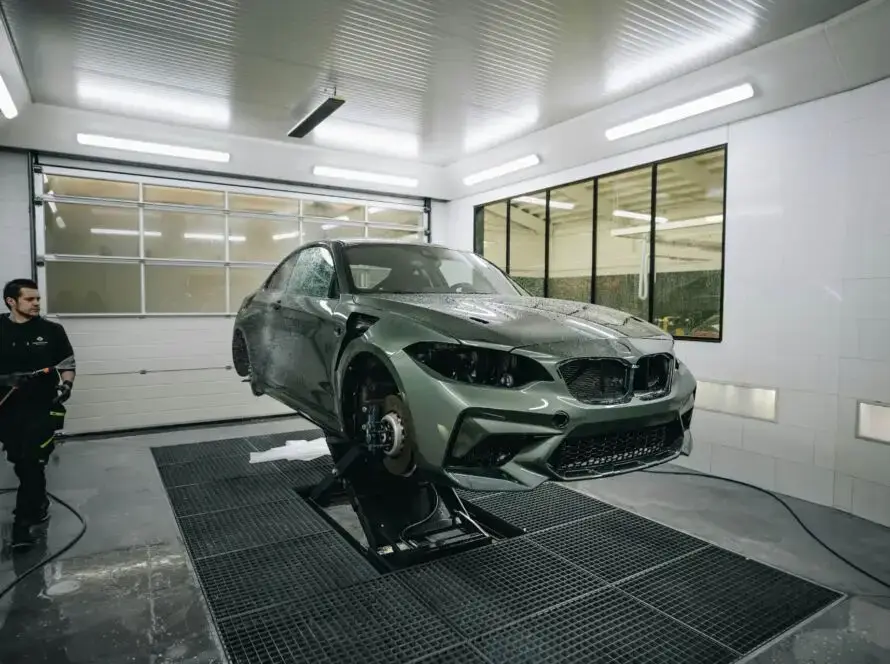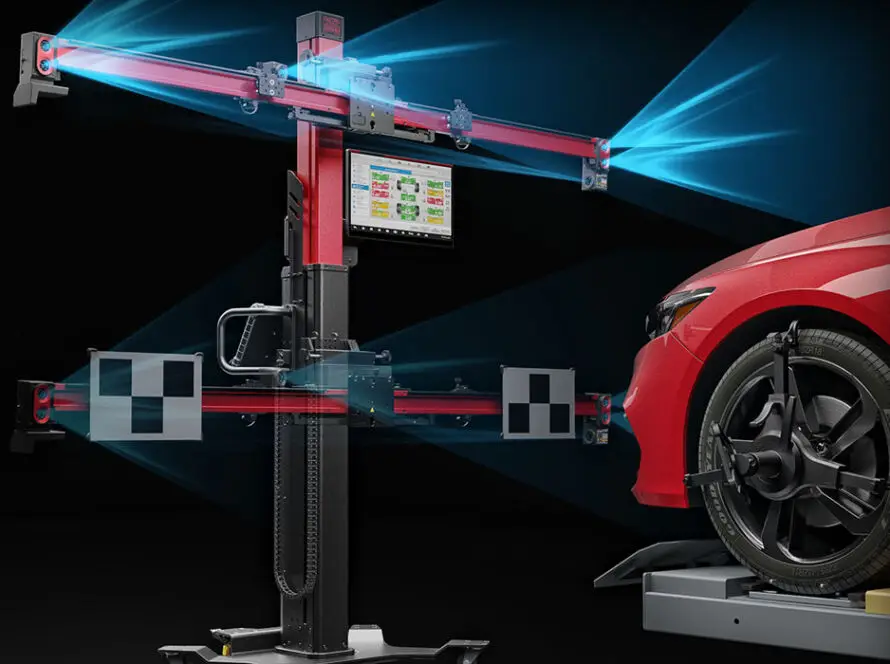Owning a vehicle comes with the responsibility of keeping it in good working condition. Regular maintenance not only extends the life of a car but also ensures safety, fuel efficiency, and optimal performance. Below are the essential vehicle systems that require routine maintenance and care.
1. Engine System
The engine is the heart of a vehicle, and regular maintenance is crucial to keep it running smoothly.
-
Oil Changes: Regular oil and filter changes help lubricate engine parts, reducing wear and tear.
-
Timing Belt/Chain: Replacing the timing belt as per manufacturer recommendations prevents engine failure.
-
Spark Plugs: Worn-out spark plugs can cause misfires and reduced fuel efficiency.
-
Coolant System: Flushing and refilling coolant helps prevent overheating and corrosion.
2. Transmission System
The transmission ensures power from the engine is effectively transferred to the wheels.
-
Transmission Fluid: Low or old transmission fluid can cause gear slipping and overheating.
-
Clutch Maintenance (Manual Transmission): A worn-out clutch can affect shifting and performance.
-
Filter and Pan Inspection: Keeping the transmission clean prevents debris from damaging components.
3. Brake System
A well-maintained brake system is essential for vehicle safety.
-
Brake Pads and Rotors: Worn brake pads reduce stopping power and can damage rotors.
-
Brake Fluid: Old or low brake fluid affects braking efficiency and responsiveness.
-
Brake Lines and Hoses: Regular inspection prevents leaks and brake failure.
4. Suspension and Steering System
This system ensures a smooth and controlled ride.
-
Shock Absorbers and Struts: Worn-out shocks lead to poor handling and increased braking distance.
-
Power Steering Fluid: Keeping the fluid at the proper level ensures easy and responsive steering.
-
Wheel Alignment: Misalignment causes uneven tire wear and poor handling.
5. Electrical System
Modern vehicles rely on electronics for various functions.
-
Battery Maintenance: Cleaning terminals and checking voltage prevents unexpected failures.
-
Alternator and Starter: Ensuring these components are functional prevents breakdowns.
-
Fuses and Wiring: Regular checks prevent electrical malfunctions and safety hazards.
6. Cooling System
A vehicle’s cooling system prevents the engine from overheating.
-
Radiator Maintenance: Cleaning and flushing prevent clogging and inefficiency.
-
Thermostat Inspection: A faulty thermostat can cause overheating or inefficient heating.
-
Coolant Level Checks: Ensuring proper coolant levels prevents engine damage.
7. Fuel System
The fuel system ensures efficient combustion and performance.
-
Fuel Filter Replacement: A clogged filter reduces engine power and efficiency.
-
Fuel Pump Inspection: A failing fuel pump can lead to stalling and hard starts.
-
Injector Cleaning: Dirty injectors lead to poor fuel economy and rough idling.
8. Exhaust System
A properly functioning exhaust system enhances fuel efficiency and reduces emissions.
-
Catalytic Converter: A failing converter affects emissions and engine performance.
-
Muffler and Pipes: Inspecting for leaks and rust prevents loud noises and dangerous emissions.
-
Oxygen Sensors: Faulty sensors lead to incorrect fuel-air mixtures and reduced mileage.
9. Tires and Wheels
Proper tire maintenance ensures safety, traction, and efficiency.
-
Tire Pressure Checks: Under or over-inflated tires affect handling and fuel economy.
-
Tread Depth Inspection: Worn-out tires reduce grip, especially in wet conditions.
-
Tire Rotation and Balancing: Prevents uneven wear and enhances stability.
10. Lighting and Visibility Systems
Proper lighting ensures visibility and road safety.
-
Headlights and Taillights: Replacing burned-out bulbs improves nighttime visibility.
-
Windshield Wipers: Worn-out wipers reduce visibility during rain.
-
Defroster and Heating System: Ensures clear windows during cold weather.
Conclusion
Regular maintenance of these vehicle systems ensures a safe, efficient, and reliable driving experience. Sticking to a maintenance schedule helps prevent costly repairs and enhances the longevity of your vehicle.




